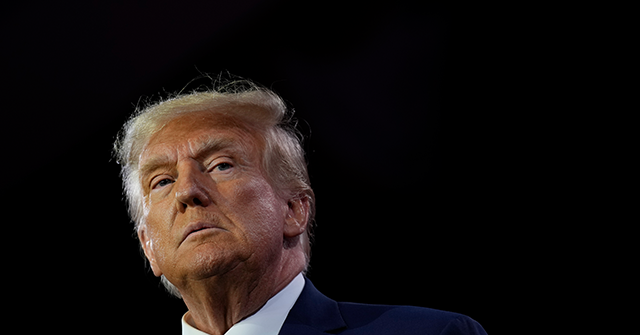The current legislative landscape reveals a significant health reform bill that is poised to impact the American public drastically. Sponsored by Conservatives for Lower Health Care Costs, the bill comes as Congress makes a last-minute push to finalize its provisions, which critics argue represent a concerning capitulation to Big Pharma. The core of this contentious issue centers around a proposed $50 billion bailout for pharmaceutical companies, a maneuver dubbed “delinking” that is currently being championed by some factions within Congress. This bailout is perceived not only as a financial benefit to the pharmaceutical industry but also as a strategic move that could lead to increased drug prices for patients, contradicting promises of lowering healthcare costs.
Proponents of the bill, particularly within the pharmaceutical sector, are advocating for its swift passage, arguing that it is necessary for the long-term sustainability of drug manufacturing and distribution. However, critics warn that the bill represents a significant shift in policy that could burden American consumers with higher healthcare expenses. The immediate consequences of such legislation would likely include increased premiums and drug costs, leading to public dissatisfaction. Such developments could ultimately tarnish the reputation of President Trump, who has publicly committed to reducing drug prices and standing up to Big Pharma. With the possible implementation of this bill, Trump may find himself facing backlash for policies enacted under his watch, even if those policies do not reflect his original commitments.
The political ramifications of the proposed legislation are far-reaching, particularly for the Republican Party. It is not only a potential violation of President Trump’s promises but also a significant reliance on bipartisan support from Democrats, including high-profile figures like Kamala Harris and celebrity entrepreneur Mark Cuban. Harris has long championed initiatives that benefit the pharmaceutical industry, and passage of the bill could symbolize a major win for her, even after her presidential candidacy did not succeed. This outcome would be perceived as a reward for a controversial endeavor, one that starkly contrasts with the interests of conservatives who prioritize lowering healthcare costs and enhancing patient access.
Americans’ sentiments about healthcare policy are in flux, with many voters having expressed their desire for genuine reform during the last election cycle. President Trump rode into office on the promise of taking on Big Pharma, and any failure to deliver on these expectations could have dire political consequences. If the public perceives this legislation as a betrayal of Trump’s commitments, there is a risk that public trust in the administration could erode. This situation poses a dilemma for conservatives, who must grapple with the need for effective healthcare solutions while remaining vigilant against enabling policies that might inadvertently align with the agendas of the healthcare establishment.
Moreover, the dissonance between what Americans voted for and what Congress may ultimately deliver could become a focal point in future electoral campaigns. The prevailing narrative surrounding the President and his administration’s effectiveness in managing healthcare costs may pivot to showcase a disconnect between Republican values and legislative actions. As a result, upcoming elections could become battlegrounds over these critical issues, leading to greater polarization between party lines. Conservatives are beginning to vocalize their concerns in anticipation of a backlash that could come from constituents who feel misled.
In summary, the proposed health reform bill represents a significant risk for the Republican Party and President Trump as it aligns with the interests of Big Pharma at the potential expense of American patients. This initiative, perceived as a bailout funded by taxpayers, could lead to increased drug prices and healthcare costs while undermining the commitments made during the presidential campaign. With key political figures on board and public sentiment against rising healthcare expenses, this situation highlights the complexities of healthcare reform in the U.S. and underscores the urgent need for leadership that prioritizes genuine consumer interests over corporate bailouts. The coming months will be critical in determining the administration’s direction on healthcare and its potential impact on future electoral outcomes.

